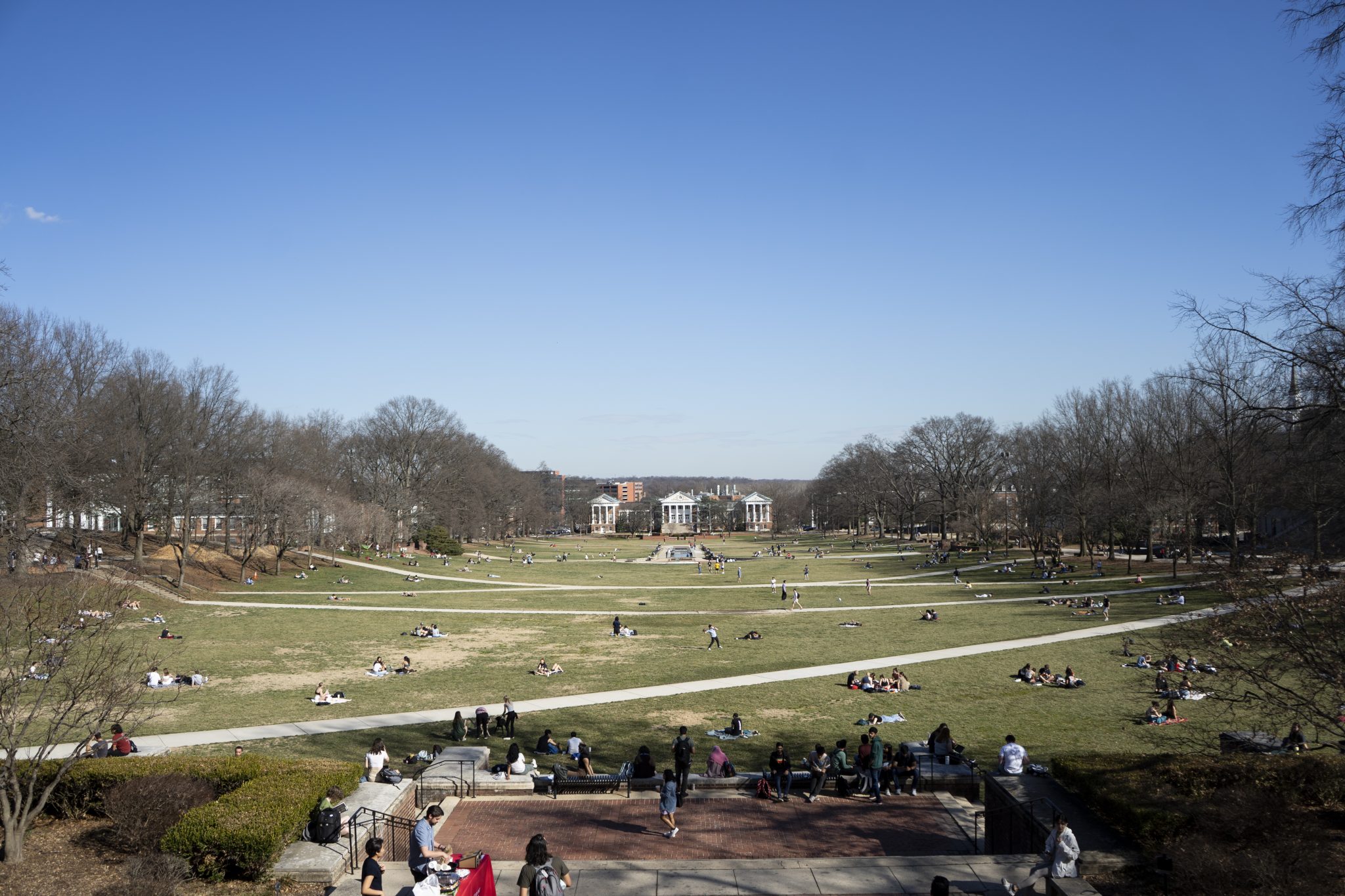Three University of Maryland professors launched the Urban Equity Collaborative this semester through the university’s Grand Challenges Impact Award to use multidisciplinary efforts to assist local and regional community institutions with issues of urban inequality.
Urban equality is defined as taking an equity lens to the challenges that urban communities face and considering two points: the people burdened by the problems and how solutions could prioritize the needs of those who are most burdened and unable to access the resources that would address their issues, according to collaborative co-director Willow Lung-Amam.
Lung-Amam, an associate professor of urban studies and planning, Nancy Mirabal, an associate professor of American studies and Devon Payne-Sturges, an associate professor for the Maryland Institute for Applied Environmental Health, came together for this initiative to better facilitate engaging in cross-campus and departmental conversations.
[Proposed development could displace 3 College Park restaurants]
The collaborative was formed by three professors from different departments to best engage in interdisciplinary work, according to Wesley Wiggins, an environmental health sciences doctoral student.
“On the surface level, they don’t really have many intersections,” said Wiggins, a graduate assistant with the collaborative. “But when you really get down to it, each of those fields provide an important perspective on a concept like urban equity.”
The Urban Equity Collaborative plans to provide an intersectional, multidisciplinary and collaborative approach to focus on issues of dispossession and displacement of communities, especially with issues of immigrant rights, affordable housing access and small businesses displacement.
One of the ways the collaborative hopes to accomplish these goals is through their Community Fellows Program. The program invites community organizers and activists to be fellows to understand how the collaborative can be a partner in pushing community agendas and platforms through the university.
“It really is meant to just give the community activists and leaders time and space and resources in order to do what they do best, which is work for their community,” Lung-Amam said.
The Community Fellows Program provides invited organizers and activists four months of Urban Equity Collaborative assistance and a stipend to supply resources and time for fellows to work on projects for their community.
Through the fellows program, community organizations gain access to the university’s vast repertoire of resources, such as research or library access, according to Wiggins.
For instance, if a community needed assistance understanding zoning laws for incoming businesses, they could talk to a pro bono lawyer through the program, Mirabal said.
[MOM’s Organic Market employees rally against anti-union discrimination in College Park]
“This becomes a time where they can come to us to kind of catch their breath,” Mirabal said. “It’s really a way that we can work with them to help them and support them with whatever it is that they’re doing.”
The Urban Equity Collaborative is currently in the process of organizing various workshops and working groups for this semester as a way to engage the university community. Speakers will be brought into the workshops to facilitate discussions about finding multidisciplinary solutions to some of the problems that communities face, Wiggins added.
“Instead of grounding our work at the university and us thinking about what are the big questions that we hope to address, it’s really looking at communities and saying what are the big questions that you hope to address and what are the big questions that you’re working on? And how can the university be a resource to helping you solve that challenge?” Lung-Amam said.



